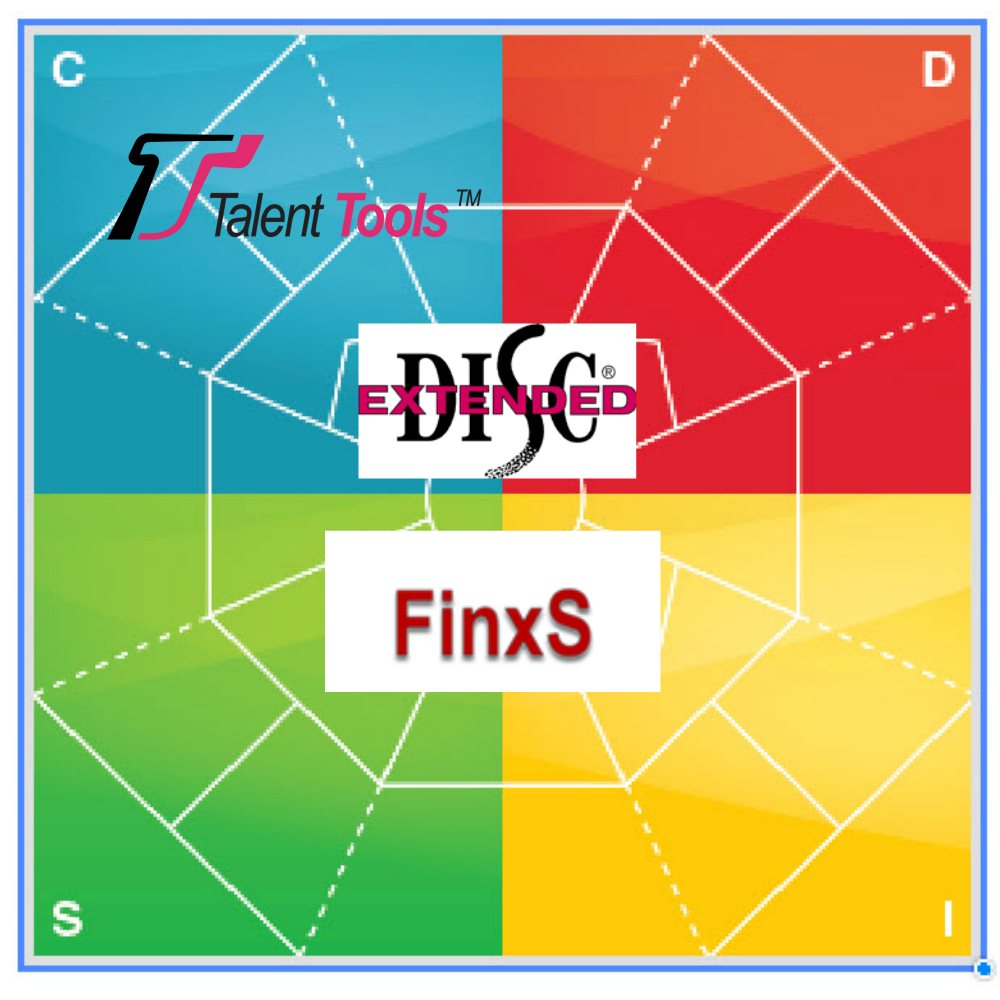How is "Extended DISC" different from "DISC"?Written on the 1 February 2016 by Markku Kauppinen, Extended DISC North America Many people find it surprising that no one owns "DISC". It is a theory that was originally developed in 1928 by William Moulton Marston. The DISC-model is in public domain and there are a few companies that have created their proprietary DISC assessments. This blog covers these main points:
by Markku Kauppinen, Extended DISC North America Author:Markku Kauppinen, Extended DISC North America About: |



